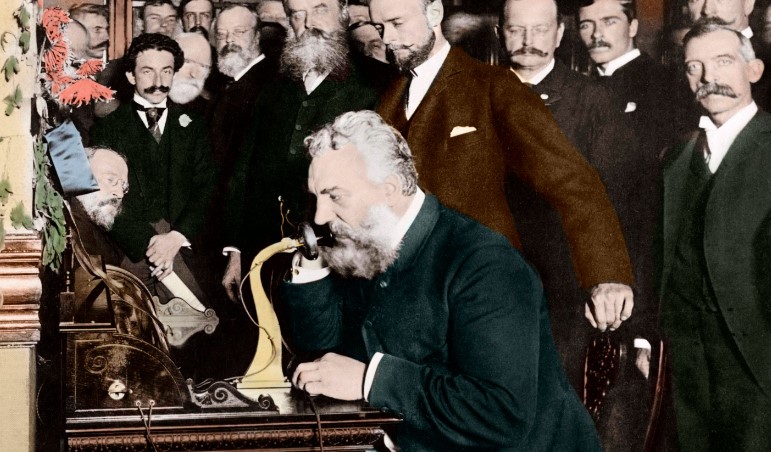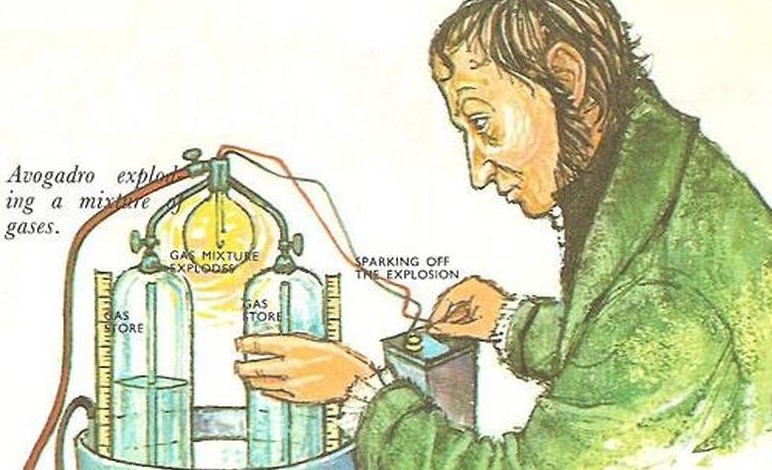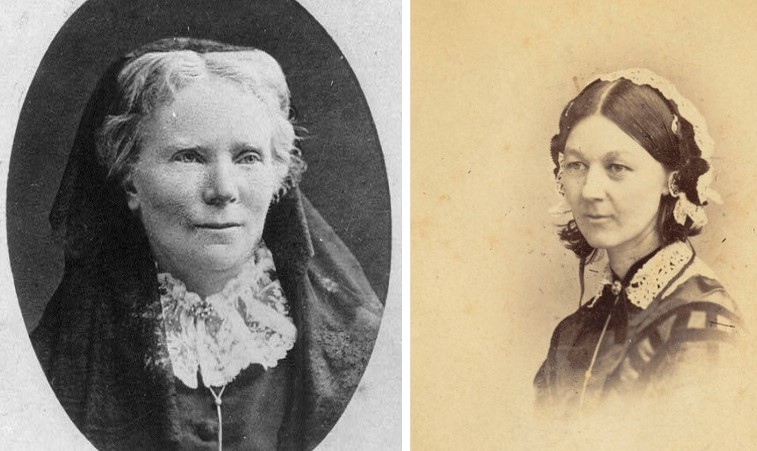
Alexander Graham Bell: The Man Behind the Telephone
Introduction
When we think about the history of communication, one name inevitably stands out: Alexander Graham Bell. Known primarily for inventing the telephone, Bell’s contributions extend far beyond this single achievement. His innovative spirit and relentless pursuit of knowledge have left an indelible mark on society. Let’s dive into the life and legacy of Alexander Graham Bell, exploring his journey from a curious young boy to one of the most influential inventors of all time.
Early Life and Background
Alexander Graham Bell was born on March 3, 1847, in Edinburgh, Scotland. He was the second of three children born to Alexander Melville Bell and Eliza Grace Symonds Bell. His father was a professor of elocution, and his mother was an accomplished pianist who, despite being deaf, had a profound influence on Bell’s interest in sound and communication.
Bell’s early education was shaped by his family’s intellectual environment. He was a curious and inventive child, often engaging in experiments and building simple machines. His grandfather, also named Alexander Bell, played a significant role in nurturing his interest in learning and innovation.
Bell’s Interest in Sound and Communication
Bell’s fascination with sound and communication was deeply personal. His mother and later his wife, Mabel Hubbard, were both deaf. This connection to the deaf community spurred his interest in how sound and speech could be transmitted and understood. Bell devoted much of his early career to teaching and developing methods to help the deaf communicate.
The Invention of the Telephone
The journey to inventing the telephone was marked by persistence and ingenuity. Bell’s experiments with transmitting vocal sounds electrically led to the breakthrough moment on March 10, 1876, when he successfully transmitted the first intelligible sentence: “Mr. Watson, come here, I want to see you.” This historic achievement was the culmination of years of research and experimentation.
Patent Battle and Legal Challenges
Securing the patent for the telephone was no small feat. Bell’s patent, filed on February 14, 1876, was one of the most contested in history. He faced numerous legal challenges from other inventors who claimed to have developed similar technologies. Despite these disputes, Bell’s patent was upheld, solidifying his place in history as the inventor of the telephone.
Impact of the Telephone on Society
The invention of the telephone revolutionized communication. It bridged distances, allowing people to connect in real-time regardless of their physical location. The economic and social implications were profound, transforming industries and personal lives. The telephone became an indispensable tool for business, governance, and everyday interaction.
Other Inventions and Contributions
Bell’s inventive mind did not stop with the telephone. He made significant contributions to other fields, including aeronautics and medical technology. One notable invention was the photophone, which transmitted sound on a beam of light—a precursor to modern fiber-optic communication. Bell’s work in aeronautics included experiments with kites and the development of the tetrahedral kite.
Bell’s Role in Education and Science
Beyond his inventions, Bell was a passionate advocate for education and scientific research. He co-founded the National Geographic Society and served as its second president. Bell also founded the Volta Laboratory in Washington, D.C., a research center dedicated to scientific discoveries. His commitment to education for the deaf continued throughout his life, influencing modern practices in the field.
Personal Life
Bell’s personal life was marked by his deep relationships and varied interests. He married Mabel Hubbard in 1877, and they had four children together. Bell’s love for his family was evident in his work, often dedicating his inventions and efforts to improving their lives. In his leisure time, Bell enjoyed exploring the natural world, particularly through boating and hiking.
Later Years and Legacy
In his later years, Bell continued to innovate and explore new ideas. He spent considerable time working on projects related to aviation and alternative fuels. Bell passed away on August 2, 1922, in Baddeck, Nova Scotia. His legacy is celebrated worldwide, with numerous awards, institutions, and inventions bearing his name.
Bell’s Vision and Philosophy
Bell was not just an inventor; he was a visionary who believed in the power of innovation to improve human life. He saw progress as a continuous journey and encouraged others to pursue their ideas with passion and persistence. Bell’s philosophy of curiosity and relentless exploration continues to inspire inventors and scientists today.
Conclusion
Alexander Graham Bell’s life was a testament to the transformative power of innovation. From the invention of the telephone to his work with the deaf community, Bell’s contributions have left an enduring impact on the world. His legacy serves as a reminder of what can be achieved through curiosity, determination, and a desire to make the world a better place.
FAQs
1. When was Alexander Graham Bell born? Alexander Graham Bell was born on March 3, 1847.
2. What motivated Bell to invent the telephone? Bell was motivated by his desire to help the deaf communicate and his fascination with sound and speech transmission.
3. Did Bell have any other significant inventions? Yes, Bell invented the photophone, worked on early aeronautics, and developed several other technologies.
4. How did Bell’s work impact the deaf community? Bell’s work significantly advanced education and communication methods for the deaf, helping to improve their quality of life.
5. What is Bell’s legacy today? Bell’s legacy includes the widespread use of the telephone, advancements in communication technology, and ongoing inspiration for inventors and scientists.


